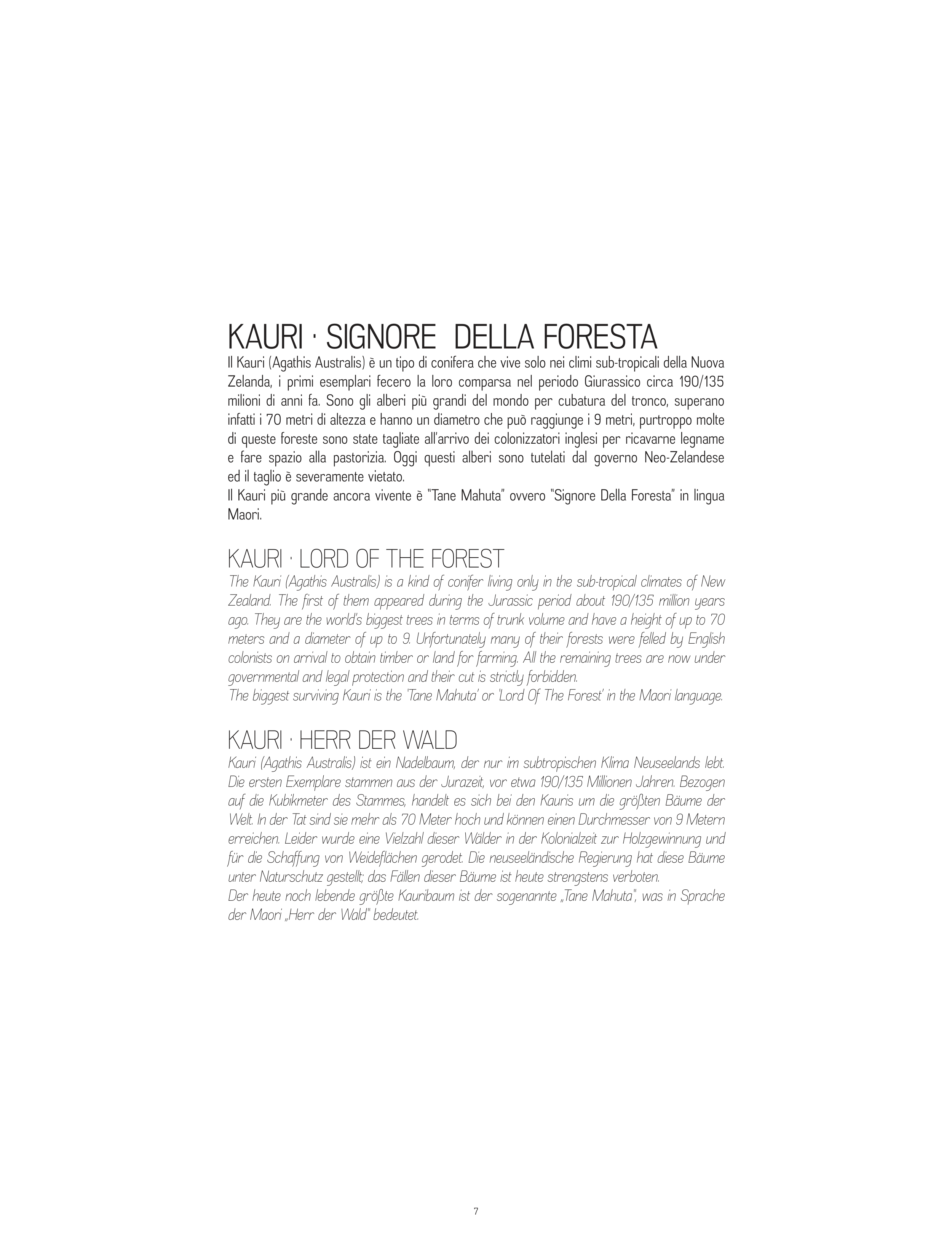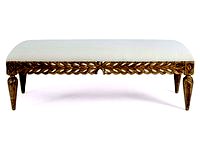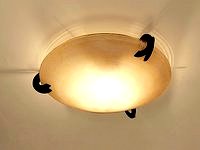7
KAURI · SIGNORE DELLA FORESTA
Il Kauri (Agathis Australis) è un tipo di conifera che vive solo nei climi sub-tropicali della Nuova
Zelanda, i primi esemplari fecero la loro comparsa nel periodo Giurassico circa 190/135
milioni di anni fa. Sono gli alberi più grandi del mondo per cubatura del tronco, superano
infatti i 70 metri di altezza e hanno un diametro che può raggiunge i 9 metri, purtroppo molte
di queste foreste sono state tagliate all’arrivo dei colonizzatori inglesi per ricavarne legname
e fare spazio alla pastorizia. Oggi questi alberi sono tutelati dal governo Neo-Zelandese
ed il taglio è severamente vietato.
Il Kauri più grande ancora vivente è “Tane Mahuta” ovvero “Signore Della Foresta” in lingua
Maori.
KAURI · LORD OF THE FOREST
The Kauri (Agathis Australis) is a kind of conifer living only in the sub-tropical climates of New
Zealand. The first of them appeared during the Jurassic period about 190/135 million years
ago. They are the world’s biggest trees in terms of trunk volume and have a height of up to 70
meters and a diameter of up to 9. Unfortunately many of their forests were felled by English
colonists on arrival to obtain timber or land for farming. All the remaining trees are now under
governmental and legal protection and their cut is strictly forbidden.
The biggest surviving Kauri is the ‘Tane Mahuta’ or ‘Lord Of The Forest’ in the Maori language.
KAURI · HERR DER WALD
Kauri (Agathis Australis) ist ein Nadelbaum, der nur im subtropischen Klima Neuseelands lebt.
Die ersten Exemplare stammen aus der Jurazeit, vor etwa 190/135 Millionen Jahren. Bezogen
auf die Kubikmeter des Stammes, handelt es sich bei den Kauris um die größten Bäume der
Welt. In der Tat sind sie mehr als 70 Meter hoch und können einen Durchmesser von 9 Metern
erreichen. Leider wurde eine Vielzahl dieser Wälder in der Kolonialzeit zur Holzgewinnung und
für die Schaffung von Weideflächen gerodet. Die neuseeländische Regierung hat diese Bäume
unter Naturschutz gestellt; das Fällen dieser Bäume ist heute strengstens verboten.
Der heute noch lebende größte Kauribaum ist der sogenannte „Tane Mahuta“, was in Sprache
der Maori „Herr der Wald“ bedeutet.







